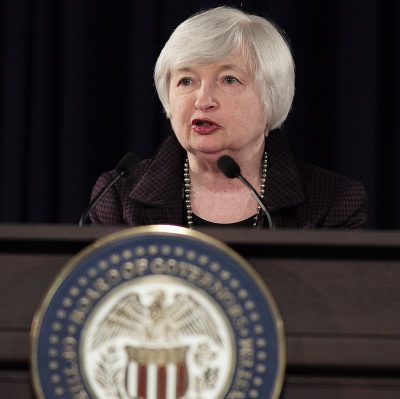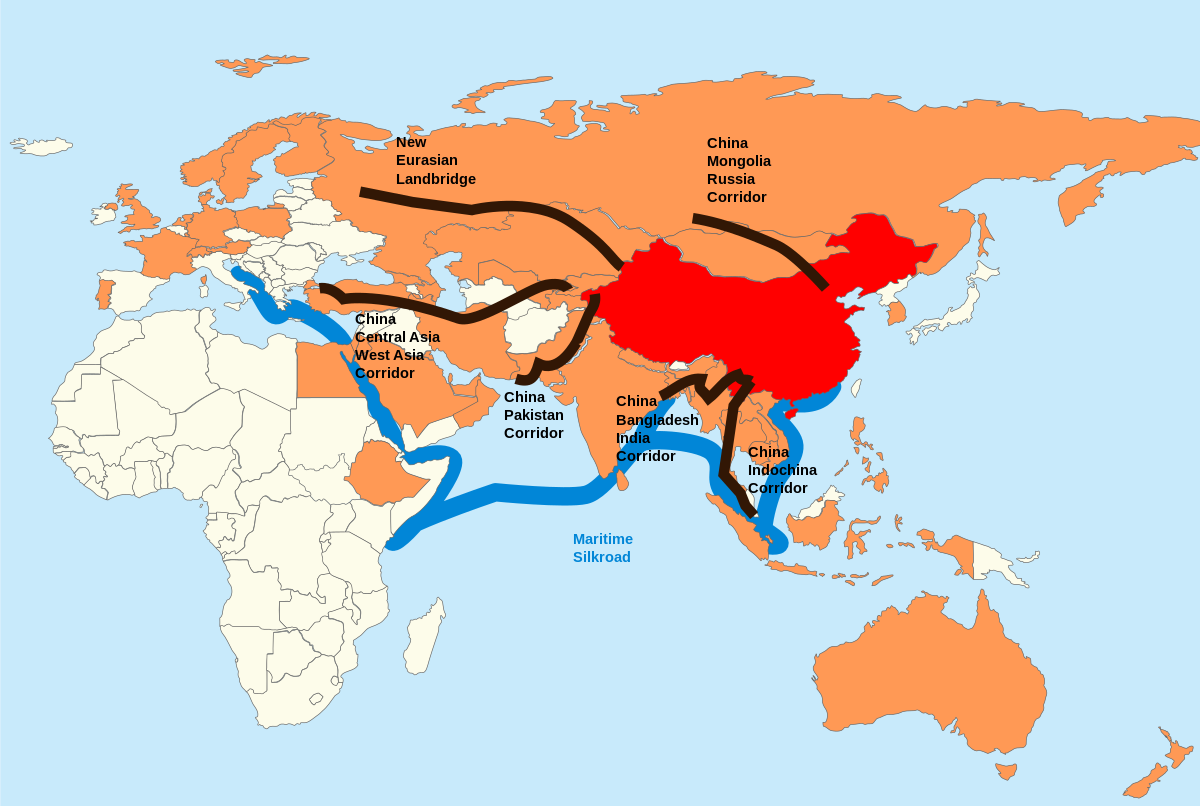US Treasury Janet Yellen’s Visit to China: Seeking Fake Harmony or Dishing Out Threats?

All Global Research articles can be read in 51 languages by activating the Translate Website button below the author’s name.
To receive Global Research’s Daily Newsletter (selected articles), click here.
Click the share button above to email/forward this article to your friends and colleagues. Follow us on Instagram and Twitter and subscribe to our Telegram Channel. Feel free to repost and share widely Global Research articles.
***
Background
The US Treasury Secretary has wrapped up her visit to China, which was dominated by talks over trade and tech disputes.
Janet Yellen says Washington and Beijing have made some progress and will have more frequent contact in the future. She vowed that any curbs on US outbound investments would be “transparent” and “very narrowly targeted.” In an earlier address in Beijing, Yellen warned against the decoupling of the two economic powers.
The Treasury Secretary said the US and its allies will fight back against what she called China’s unfair economic practices. Beijing has in turn called on Washington to stop weaponizing and politicizing trade and tech. Those are just two of the host of sticking points between China and the US. Last month, Secretary of State Antony Blinken also visited Beijing. China says the U-S should take concrete actions to improve trade ties.
PressTV: What precisely did Ms. Yellen mean by her warning against the decoupling of the two economic powers?
Peter Koenig (PK): Most of the substantive talks on the topics of trade and monetary issues between the US and China were held behind closed doors. Therefore, assessments may be more indicative than precise.
Let me say this, though, Ms. Yellen’s warning against decoupling of the two world’s largest economies, was like a plea for discouraging de-dollarization. And this refers to more than just China’s economy, foremost the economy of the Global South.
The US Treasurer, Janet Yellen, may hope that if China leading the Shanghai Cooperation Organization (SCO) – 9 full members and 4 observer status “members” with Iran the latest full member joining SCO on 1 July 2023 — would work along the lines of joint world currencies, the US dollar and the Chinese Yuan, international trade could be guaranteed and would flourish.
Because these are the two currencies in which most trade is taking place today.
It is a fully globalist idea – aiming at maintaining US-dollar hegemony, because currently close to 60% of all so-called “convertible currencies” floating around the world are US-dollar denominated papers. Compare this to only about 5% of the Chinese Yuan, with China’s economy of about equal strength.
And if one looks at China’s economy’s composition, her GDP components – most of it is hard manufacturing and production output, whereas the US GDP is composed mostly of services and the output of the US Military Industrial Complex.Mmost of consumer production has been outsourced.
Madame Yellen may know the reason for rapid dedollarization, not just by China and Russia, but especially by the Global South, including the BRICS-plus countries, is largely the US sanctions policy. It drives once upon a time US allies to the east, where they feel their economic autonomy is better preserved.
US-dollar domination is best reflected by the US sanctions policy. Without it, the US dollar hegemony is a tiger without teeth.
Countries even within the European Union (EU) are sick and tired of the constant “ambiance of threat” which many believe, is responsible for the extreme submissiveness of the vassalic EU.
In summary, the US Secretary of Treasury may have come to China to seek more monetary and trade harmony for their, the US’s globalist interests.
PressTV: What does Ms. Yellen mean by “China’s unfair economic practices”?
PK: Does the US Treasurer maybe refer to the Belt and Road Initiative (BRI)? BRI, this year celebrates its 10th anniversary. BRI has made enormous inroads throughout the world, not in war-type destruction, as practiced by the west, but by connecting countries and continents with infrastructure, trade, cultural exchange – and not least, as the world may have noticed over the past 12 months, with peace-bringing diplomacy. See BRI map below.

China in Red, the members of the Asian Infrastructure Investment Bank in orange. The proposed corridors (see this and this) in black (Land Silk Road), and blue (Maritime Silk Road). (Licensed under CC BY-SA 4.0)
The BRI is a thorn in they eyes of the west, as is known for years, because it uses a harmonious approach in connecting people. The BRI is an international economic development scheme. So far more than 150 nations and international organizations have joined BRI – and growing.
This could indeed be considered a threat to the west – a counteract to western influence peddling, and, therefore, be called “unfair economic practices.”
The term may also refer to China’s largest Asean-plus-4 Trade Agreement – the Regional Comprehensive Economic Partnership (RCEP). It entered into force on 1 January 2022, meaning that businesses in Australia, Brunei, Cambodia, China, Japan, Laos, New Zealand, Singapore, Thailand and Vietnam will now benefit from tariff elimination on about 92% of goods over time.
It is estimated that within 5 years RCEP trade will surpass in absolute terms any other trade agreement worldwide. RCEP is a China initiative. It has been negotiated during ten years. (See RCEP map below).

Source: MPG
Would Washington call it “unfair trade”?
If anything is unfair in international commerce, it is the US “sanctions” policy, that – by the way – includes outright theft of countries’ reserve deposits in western banking institutions.
*
Note to readers: Please click the share button above. Follow us on Instagram and Twitter and subscribe to our Telegram Channel. Feel free to repost and share widely Global Research articles.
Peter Koenig is a geopolitical analyst and a former Senior Economist at the World Bank and the World Health Organization (WHO), where he worked for over 30 years around the world. He lectures at universities in the US, Europe and South America. He writes regularly for online journals and is the author of Implosion – An Economic Thriller about War, Environmental Destruction and Corporate Greed; and co-author of Cynthia McKinney’s book “When China Sneezes: From the Coronavirus Lockdown to the Global Politico-Economic Crisis” (Clarity Press – November 1, 2020).
Peter is a Research Associate of the Centre for Research on Globalization (CRG). He is also a non-resident Senior Fellow of the Chongyang Institute of Renmin University, Beijing.
Featured image is from the Public Domain

